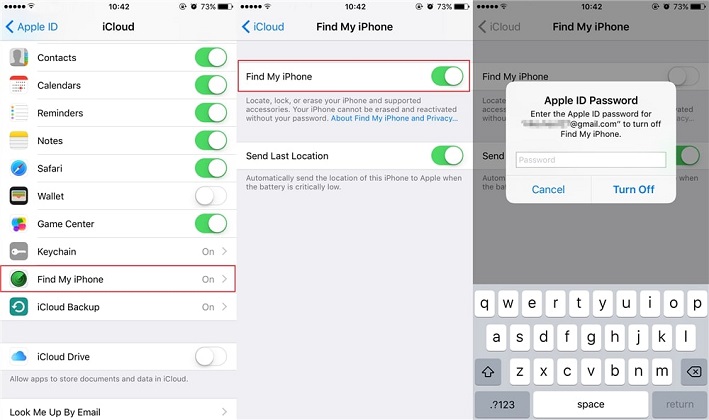
- #How to search on computer without the website how to
- #How to search on computer without the website full
- #How to search on computer without the website android
Sites that you visit using Chrome will automatically receive standard log information, including your system’s IP address and data from cookies. The personal information that Chrome stores won't be sent to Google unless you choose to store that data in your Google Account by turning on sync, or, in the case of passwords, payment cards, and billing information, choosing specific credentials or payment card and billing information to store in your Google Account. You can view and manage your stored Autofill information. You can review stored passwords in Chrome settings. You can stop Chrome from accepting cookies.

You can manage or delete stored browsing data from the Cookies and Site Data dialog. You can delete your browsing history information. You can manage this information in several ways: Personal information and passwords, to help you fill out forms or sign in to sites you visit.Ī list of permissions that you have granted to websites.Ĭookies or data from websites that you visit.Ī record of what you downloaded from websites. For example, Chrome stores the URLs of pages that you visit, a cache of text, images and other resources from those pages, and, if the network actions prediction feature is turned on, a list of some of the IP addresses linked from those pages. This information might include:īrowsing history information. The basic browser mode stores information locally on your system. Privacy practices are different depending on the mode that you're using. You don't need to provide any personal information to use Chrome, but Chrome has different modes that you can use to change or improve your browsing experience. Privacy practices of using apps, extensions, themes, services, and other add-ons This Privacy Notice applies to all versions of Chrome, but might not be up-to-date for features still under development.įor step-by-step guides to managing your privacy preferences, read this overview of Chrome's privacy controls. "Beta," "Dev," or "Canary" versions of Chrome let you test new features still being created in Chrome. We change this Privacy Notice from time to time. If there are differences in our policy between products, we'll point them out. In this Privacy Notice, we use the term "Chrome" to refer to all the products in the Chrome family listed above. Details specific to Chrome are provided in this Notice where relevant.
#How to search on computer without the website android
If Google Play apps have been enabled on your Chromebook, the use and protection of information collected by Google Play or the Android operating system is governed by the Google Play Terms of Service and Google Privacy Policy.

Google’s retention policy describes how and why Google retains data. Although this policy describes features that are specific to Chrome, any personal information that is provided to Google or stored in your Google Account will be used and protected in accordance with the Google Privacy Policy, as changed from time to time.
#How to search on computer without the website how to
On July 2, 2021, the German Joint Science Conference (Gemeinsame Wissenschaftskonferenz, GWK) decided to fund the National Research Data Infrastructure (NFDI) consortium for Data Science and Artificial Intelligence (NFDI4DataScience) with an amount in the double-digit millions over a duration of five years.Learn how to control the information that's collected, stored, and shared when you use the Google Chrome browser on your computer or mobile device, Chrome OS, and when you enable Safe Browsing in Chrome. : Schloss Dagstuhl becomes part of the National Research Data Infrastructure for Data Science and Artificial Intelligence

This includes the opportunity to qualify yourself for a doctorate in the context of the challenges arising from managing and operating a semantic Interested in working on the world’s most comprehensive open indexing service in computer science? We are currently looking for three additional members to join the dblp team. The response exceeded our expectations: We received the amazingly high number of 1046 : Results and learnings from the dblp User Survey 2020/2021 įrom December 2020 to January 2021, we asked you to participate in an online survey in order to help us understand how researchers are using dblp, and how dblp and its features are perceived by the public. These dump files have always been in high demand over the years (with 500+ downloads in February 2022 alone) and are used as
#How to search on computer without the website full
For more than 20 years, a full dump of all dblp records in our own XML format has been available as open data for download and reuse.


 0 kommentar(er)
0 kommentar(er)
